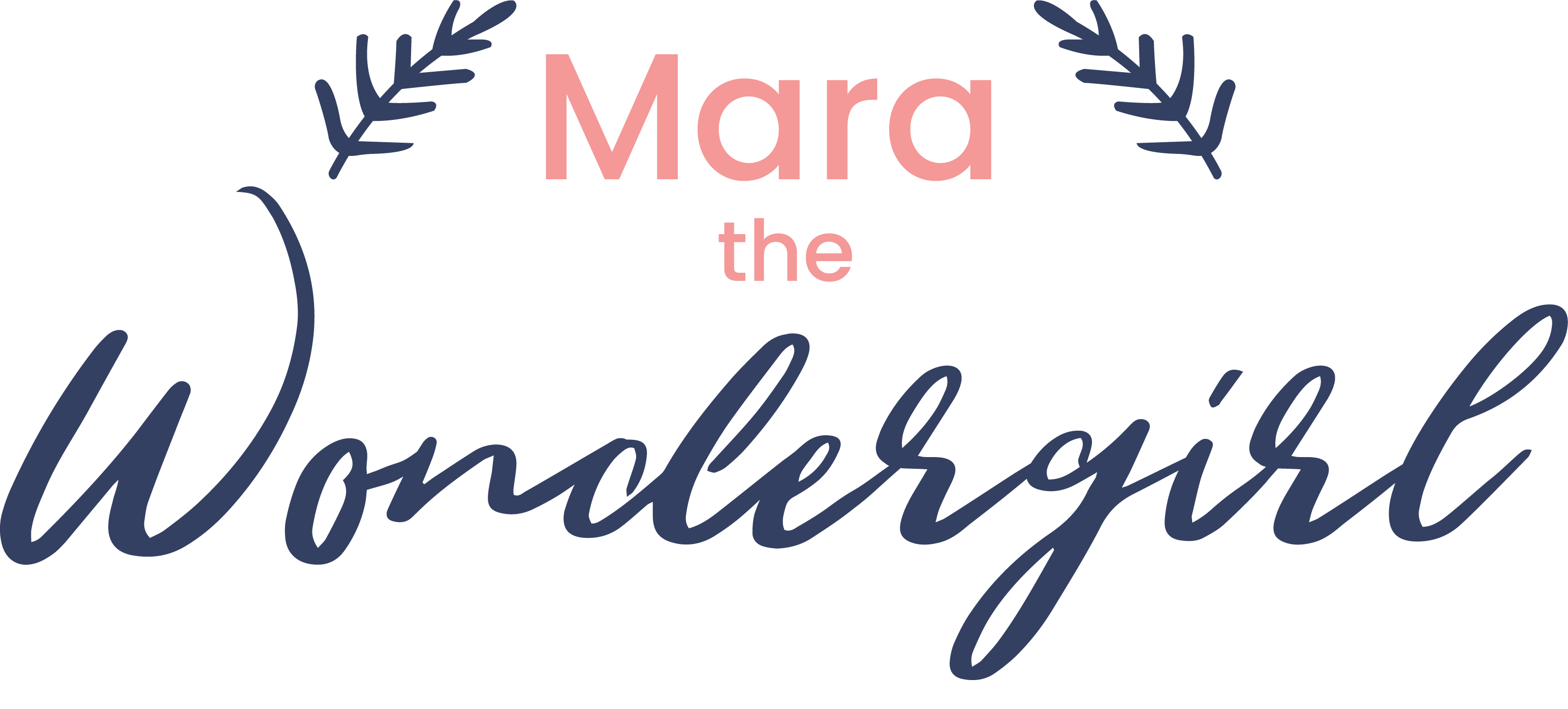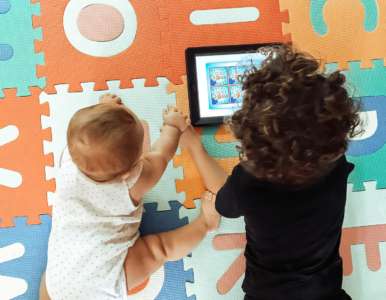This article was previously shared on Today Parents, the TODAY Show’s parent community. Since that time our experience has led us to the same conclusion. You get a lot of advice, most of it well intentioned, and much of it may be right for others and not be right for you. Pick and choose what feels right for you. This journey is a lot brighter than you may feel right now and I would encourage you gravitate towards the positive.
In honor of Down Syndrome Awareness Month, I want to share my views on the three pieces of advice that you CAN IGNORE after receiving a Down syndrome diagnosis for your child.
I was 11 weeks pregnant when my daughter Mara was prenatally diagnosed with Down syndrome. I was shocked and terrified of the unknown. And do you know what happens when you are shocked and terrified of the unknown? You make decisions that you would have never made under other circumstances. If I could tell myself what three pieces of advice that I could ignore – despite being given them over an over – it would be these three:
(1) Join a support group
Here is the great news: if you need a support group, you will find many online with thousands of thousands of members. Chances are that you will also be able to connect with a few local families thought that online group.
But here is the thing for me: I did not need a support group. In a group of other scared parents just receiving the diagnosis it was easy to drift towards the concerns. A 1% or 10% or 30% chance of something means there is someone there that had your fears realized. And their story may be a lot to hear if the focus is on the negative.
But a 1%, 10% or 30% chance of an issue happening also means that 99%, 90% or 70% of people did not issues like that. And the odds say you probably will not either. But in the chats, just the anxiety levels from people worrying about things they were unlikely to face was helpful. I felt exhausted and as if my energy was being stolen every minute I spent in those groups. It was not what I needed, so, obviously I left.
I did connect with a couple of local moms that I still keep in contact with today through those groups. (And I am their kids’ cheerleader for life!) But, in hindsight, I would not join those groups again because they pulled me in a way emotionally that was not helpful to me. I simply did not need that sort of dialogue, and maybe you do not either. Join them if they are beneficial to you, but only then.
(2) Connect with a family someone knows who has a child with Down syndrome
Once you start sharing the diagnosis, anybody who knows a person with Down syndrome will offer to connect you with the family. Again, it may be exactly what you need and that is OK. In fact, if that is what you need that is good. But let me share my experience with you in case you find it helpful.
Through one of the support groups (I should have never joined) I was connected to a family who had a boy with DS. The mom agreed to meet for lunch as soon as I contacted her. So was very kind and generous with her time. But I left our lunch terrified and feeling totally defeated.
We had nothing in common. The approach I wanted to take had nothing to do with hers. And I felt as if I was lying to myself and she was probably right because she had more experience than me. (Today, I know that we were both right because we both have taken the best decisions for OUR children.) My point is, the fact that somebody’s kid happens to also have 47 chromosome does not immediately turn you into this tribe where everybody has the same needs and wants.
(3) Read X or Y book.
When you are afraid of the unknown, it is only natural to want to find answers. This will happen after a Down syndrome diagnosis. And, trust me, I felt like I needed to know it all.
I wanted to be an encyclopedia. But do you know what? You do not need to know it all any more that you need to know it all before the birth of a neurotypical child. You simply need to find the information that resonates with you. The information that guides you in the direction you want to take your parenting journey towards. All in all, you want to read materials that feel right to you.
I ended up closing many many books 15-20 pages into them. They talked about Down syndrome, yes. But they were not for me. They did not resonate with me. So, no matter how many people told me about them, those books were simply not part of what I needed.
On the other hand, I found many others that were exactly what I was looking for. Unfortunately, the narrative about Down syndrome tends to be quite negative. Do you truly want to spend your energy on that? That is your call. Just know that there is not “have to”.
If you are reading this and you just received a Down syndrome diagnosis, here is the most important thing I can tell you: Congratulations on your baby!!!
Click here for “Helpful Resources After a Down Syndrome Diagnosis”






